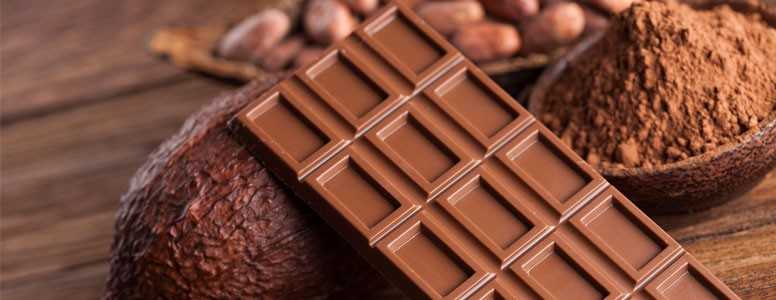A compound found in cocoa could help treat or control type 2 diabetes, researchers have found.
A team from Brigham Young University (BYU) says increased presence of this compound, epicatechin monomers, can help boost insulin production and control blood sugar levels. The compound could also help beta cells work better and become stronger.
The discovery was made during a trial where mice were fed a high-calorie diet. The researchers found adding the compound decreased obesity levels and also helped improve blood sugar control.
Study author Jeffery Tessem, assistant professor of Nutrition, dietetics and food science at BYU, explained: “What happens is it’s protecting the cells, it’s increasing their ability to deal with oxidative stress. The epicatechin monomers are making the mitochondria in the beta cells stronger, which produces more ATP (a cell’s energy source), which then results in more insulin being released.”
While cocoa is commonly found in chocolate, Tessem stressed eating higher quantities is clearly not the answer to achieving better blood glucose control, which is why the study team is now looking at ways of extracting the compound from the cocoa. This way it could be used to develop future type 2 diabetes treatment.
Previous research has identified the benefits of similar compounds, but no one before has ever been able to pinpoint exactly how they work, until now.
Study co-author Andrew Neilso, assistant professor of food science at Virginia Tech, said: “These results will help us get closer to using these compounds more effectively in foods or supplements to maintain normal blood glucose control and potentially even delay or prevent the onset of type 2 diabetes.”
The findings have been published in the Journal of Nutritional Biochemistry.
What's new on the forum? ⭐️
Get our free newsletters
Stay up to date with the latest news, research and breakthroughs.





